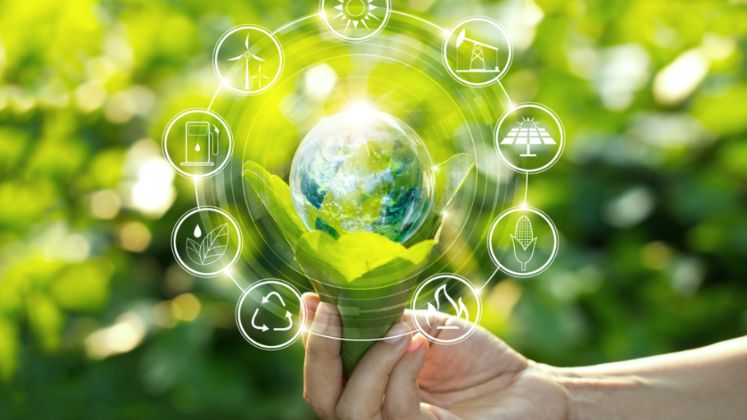At the Green Economy Expo at the Jakarta Convention Center (JCC) on July 3, 2024, Global Green Growth Institute (GGGI) Indonesia, Ministry of National Development Planning (Bappenas), Bandung Polytechnic of Textile Technology (Politeknik STTT Bandung) and PT Daur Langkah Bersama (Pable) signed a joint agreement to promote sustainability in the Indonesian textile industry.
According to a statement from the Jakarta Convention Center, the collaboration aims to promote a circular economy approach within the Indonesian textile sector, in line with Bappenas’ priorities and goals. In 2023, the textile industry has mobilized 3.98 million people and added 5.84 percent to Indonesia’s gross domestic product (GDP) in the first quarter of 2024.
The Finnish Ministry of Foreign Affairs is committed to supporting GGGI Indonesia in its partnership with key government institutions and sustainability initiatives such as Pable, a company specializing in textile-to-textile recycling. Through GGGI Indonesia’s Green Transition Investment Program (GTIP), the collaboration aims to reduce the environmental impact of textile waste, promote circular textile solutions, create green jobs and implement training programs.
Bappenas recently released Indonesia’s Circular Economy Roadmap and National Action Plan, highlighting textile waste management as a priority sector. Priyanto Rohmattullah, Bappenas’ Director of Environment, highlighted the urgent need to address Indonesia’s projected 2.3 million tonnes of annual textile waste, which is expected to increase by 70% without intervention. The dyeing aims not only to manage textile waste, but also to develop a circular textile ecosystem, including financial plans and capacity building for industry stakeholders.
The partnership involves Bandung Polytechnic of Textile Technology to improve technical and vocational education and training (TVET) programs, developing expertise in textile recycling techniques and increasing employment opportunities.
Yorkie Sutaryo, GTIP Indonesia Manager of GGGI Indonesia, highlighted the long-term goal of the program which is to enable local businesses to access markets with high sustainability standards.
Pable, which focuses on pioneering textile-to-textile recycling methods, is central to GTIP’s efforts. Aryenda Atma, Founder and CEO of Pable, expressed optimism about developing sustainable practices in Indonesia’s textile recycling sector, leveraging the partnership to access new markets and improve socio-economic benefits.
The partnership under GTIP will enable Pable to benefit from technology transfer assisted by the Finnish Ministry of Foreign Affairs, further promoting its capabilities in converting textile waste into recycled products for domestic and global markets.


